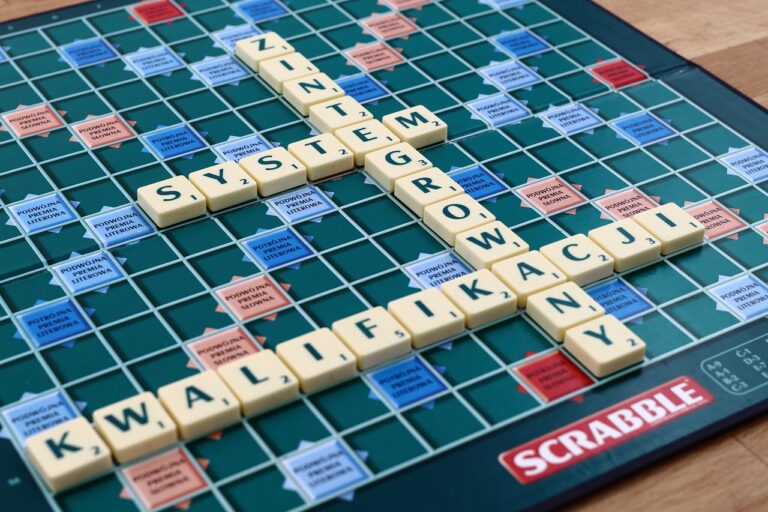Cultivating Digital Literacy Skills in Today’s Students
In today’s technology-driven world, possessing digital literacy skills is no longer an option but a necessity for students. The ability to navigate, evaluate, and utilize digital content and tools is crucial in both academic and professional settings. Without these skills, students risk falling behind their peers and facing challenges in an increasingly digital society.
Furthermore, digital literacy empowers students to critically analyze information, identify credible sources, and effectively communicate their ideas using a variety of digital platforms. In a world where information is constantly accessible and rapidly evolving, students must develop the skills to effectively manage, assess, and create digital content to succeed in their academic pursuits and future careers.
• Digital literacy skills are essential for students to navigate the technology-driven world
• Students need to be able to evaluate and utilize digital content and tools in academic and professional settings
• Without these skills, students may fall behind their peers and struggle in a digital society
• Digital literacy allows students to critically analyze information, identify credible sources, and communicate effectively on digital platforms
• In an era of constantly accessible information, students must develop skills to manage, assess, and create digital content for academic success
Understanding the Impact of Technology on Education
Technology has revolutionized the field of education in recent years, bringing about significant changes in how information is accessed and shared. With the rise of digital tools and platforms, students now have access to a wealth of educational resources at their fingertips, expanding their learning opportunities beyond the traditional classroom setting. This shift has not only enhanced the way students engage with course material but has also fostered a more interactive and dynamic learning environment.
Moreover, technology has allowed for greater collaboration among students and educators, breaking down the barriers of time and space. Through online forums, video conferencing, and shared documents, individuals can now connect and work together regardless of their physical location, facilitating more robust discussions and learning experiences. This increased connectivity has transformed the educational landscape, creating a more interconnected and global community of learners.
Identifying Key Components of Digital Literacy
Digital literacy encompasses a range of essential skills that are crucial for navigating the digital landscape of today’s world. One key component is the ability to critically evaluate information found online. Students need to develop the skills to assess the credibility and reliability of sources to ensure they are accessing accurate and trustworthy information.
Another important aspect of digital literacy is the ability to effectively communicate using various digital tools and platforms. This includes proficiency in using email, social media, and other communication platforms in a professional and efficient manner. Being able to craft clear and concise messages and understand the nuances of digital communication is vital in today’s interconnected world.
Why are digital literacy skills important for students today?
Digital literacy skills are essential for students today because technology plays a significant role in education, work, and everyday life. Having strong digital literacy skills allows students to navigate the digital world effectively, critically evaluate online information, and communicate and collaborate with others online.
How does technology impact education?
Technology has transformed education by providing access to a wealth of information, enabling personalized learning experiences, and promoting collaboration among students and teachers. It also helps to develop essential 21st-century skills such as critical thinking, problem-solving, and digital communication.
What are the key components of digital literacy?
The key components of digital literacy include the ability to use digital tools and resources effectively, critically evaluate information found online, protect personal information and privacy online, communicate and collaborate with others digitally, and understand the ethical implications of technology use.
How can students improve their digital literacy skills?
Students can improve their digital literacy skills by actively engaging with technology, seeking out opportunities to learn new digital tools and resources, practicing critical thinking and information evaluation online, and staying informed about current trends and issues in technology and digital media. Additionally, seeking guidance and support from teachers, librarians, and other experts can also help students improve their digital literacy skills.







